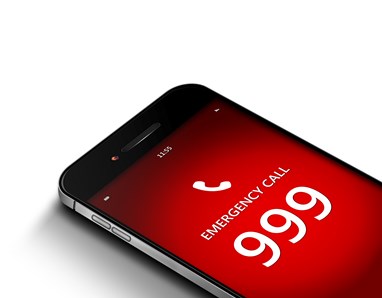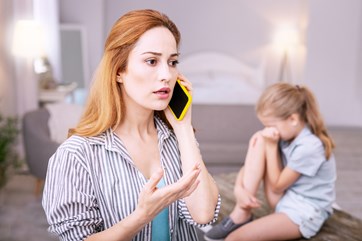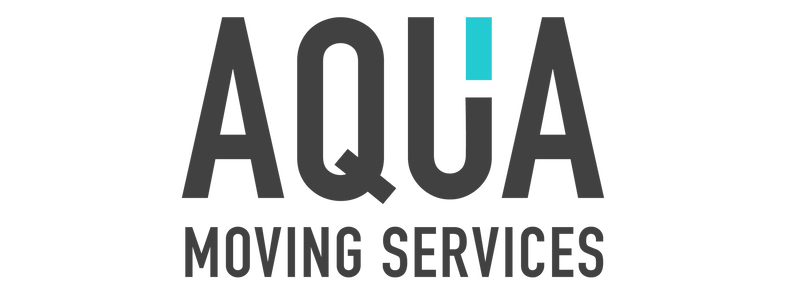If there’s something strange in the neighbourhood, who you gonna call? Well, depending on the circumstance, Ghostbusters might not be the way to go. When you are relocating to a new country, knowing the emergency numbers can be crucial in a crisis. Here you can find a compilation of emergency contact numbers for use in the UK, and at the bottom, you will find a free printable resource with list of a who to call in case and when.
EMERGENCY NUMBERS
 999
999
This the main emergency number to call for police, ambulance, fire brigade, coastguard, cliff rescue, mountain rescue, cave rescue, etc. The critical thing to remember is this number should only be used for emergencies. If you are in a life-threatening condition or if a crime is in progress, you should immediately call this number.
Wherever you are in the UK, you can call 999 and be put through to an operator who will ask which of the emergency services you require. At this point, try to remain calm and give precise details of your location and the issue at hand. For example, in the event of a car accident, you can ask for an ambulance and police to your exact location and explain the situation.
This number should not be used for general enquiries or crimes that have already been committed, e.g. a break-in or stolen car.
Calls to this number are free, and 999 can even be dialled from a locked mobile phone.
112
This number works the same as 999 by putting you through to the emergency call centre. The big difference is you can call 112 from your mobile phone from all 28 EU countries. You can call 112 at any time 24/7 to reach emergency services such as police, ambulance, fire brigade, coastguard from the UK and from abroad.
NON-EMERGENCY NUMBERS
As we mentioned earlier, neither of the above numbers should be used outside of an emergency as this can delay the response to a genuine call needing an immediate responce. However, here are some alternative, non-emergency numbers to call.
101
If you do not need an immediate response or if you don’t think an emergency response will serve any purpose, call 101 to reach the police. For example, if you wake up one morning and your car has been stolen. There is no immediate threat as the crime is not in progress and you are not at risk, so calling 101 will enable you to report a crime without the need of an immediate responder.
Calls are charged at a flat rate of 15 pence per call.
 111
111
Like 101, this number is available for non-emergency situations, but in this case, 111 is for medical enquiries. This is for illnesses or minor injuries that you don’t believe to be life-threatening, but you would like some advice on what to do next. The operator can advise you to seek emergency attention if they think it’s necessary, but they are always a good point of call if the situation is not critical.
Calls to this number are free.
KEEPING ASSIGNEES INFORMED
If there is one number you can remember out of this it’s 999. When relocating to a new country, it is essential to be aware of the emergency numbers, and you never know when this might become critical information. You will find a printable resource with all this information down below; print it, laminate it, stick up on the fridge, make sure everyone knows it. You never know when this might be crucial.
If you are in charge of a corporate relocation there are a lot of questions an assignee may have. At Clearview Relocation, our team of well-travelled individuals have excellent local area knowledge to help families with home searches, school options, cultural awareness and so much more. We are here to support you and your employee through the relocation process.
Get in touch today to see how we can help relocate your assignee.



